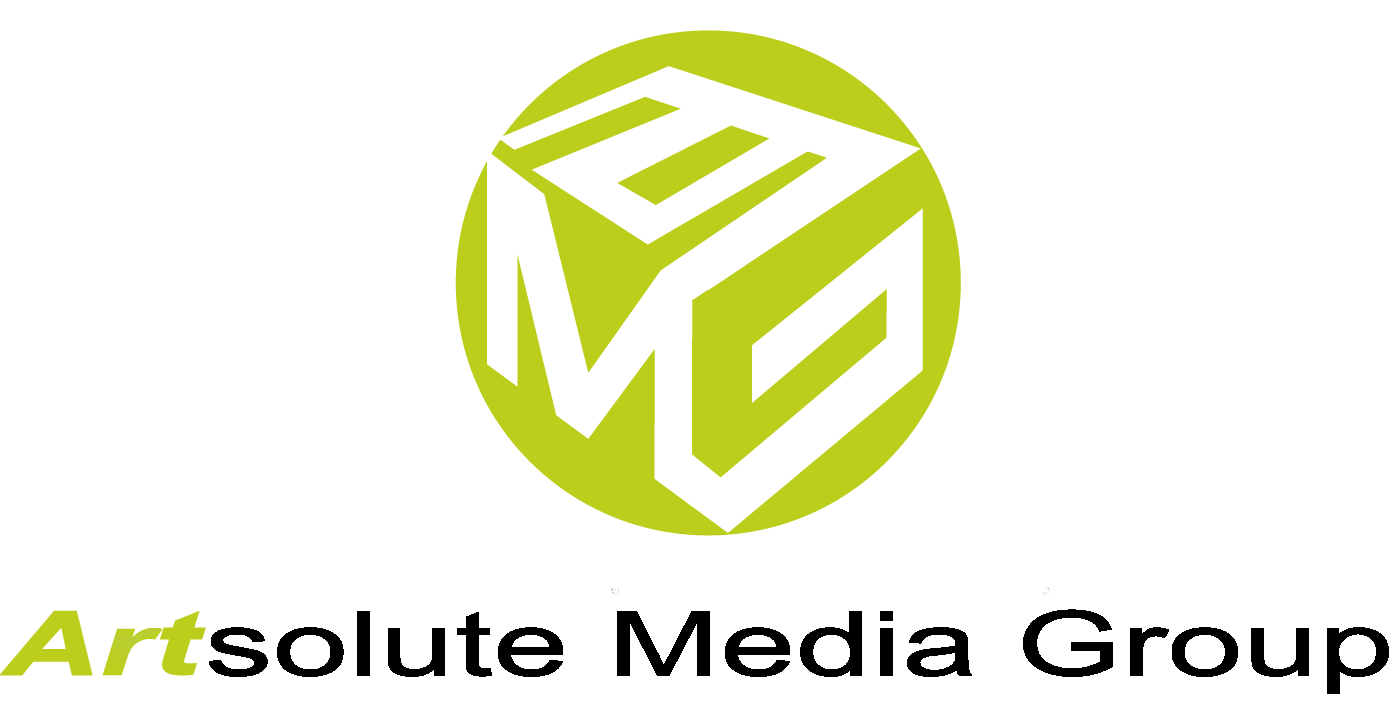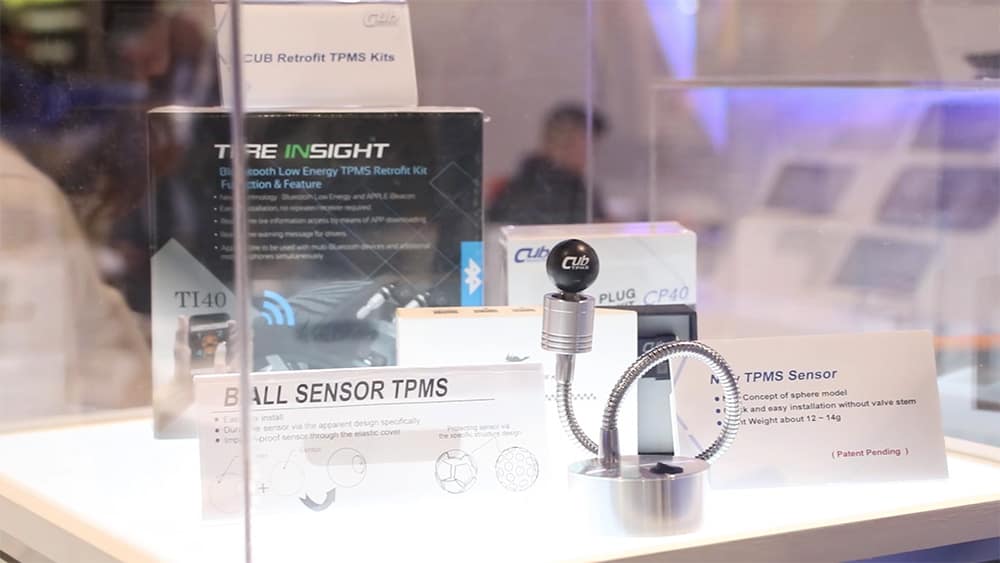Mental
Mental preparation can be extremely helpful when it comes to trade shows. Possessing foresight is a huge component of preparation. It’s definitely a plus if you can look ahead and prepare yourself for anything that may happen during the trade show so that you’re never caught off guard. This is where mental preparation comes in. Unfortunate accidents and mishaps occur more often than not, sadly, and it’s important that you’re able to fix these issues should they arise. Incidents such as damaged booths, missing products or tools, or late shipments are all quite common. Before every show, try to mentally prepare yourself by taking into consideration anything that may go wrong and come up with contingency plans. Just as Murphy’s Law states, anything that can go wrong will go wrong, so be ready for any situation. Another thing you should mentally prepare for is rejection. Although trade shows are huge networking events, not everyone will be interested in your products or services. As such, it’s important to not let that rejection phase you. You’ll be talking to a LOT of people throughout the day; move on from the ones that aren’t interested and try to find others who are.
Physical
Physical preparation is simply taking measures such as getting enough sleep, drinking lots of water during the show, and wearing comfortable shoes. This may seem like a no-brainer, but these can easily be overlooked. Trade shows usually last the whole day, and you’ll be interacting with people the entire time. Constantly smiling, conversing, and being “on” can be very draining. As such, it’s important to make sure you’re well-rested and ready to take on the day. Additionally, since a lot of big conventions and expos take place in Las Vegas, a lot of people are tempted to go out and enjoy the nightlife during their stay. Going out and having fun, of course, is not a problem; just make sure not to go overboard and do anything that will ultimately impede your ability to perform the next day.


